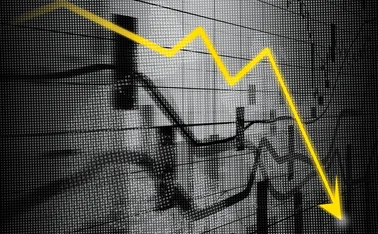
BIS report highlights macro risks of inequality
Persistent inequality could weaken policy and create negative feedback mechanism, research finds

A Bank for International Settlements report finds recessions can trigger a long period of elevated inequality, which risks creating an “adverse feedback loop”.
Writing in the introduction to the report, general manager Agustín Carstens notes the BIS’s 2021 Annual Economic Report explored central banks’ role in tackling inequality. The BIS concluded that monetary policy can most effectively support equality if central banks maintain price and financial stability. The new report, published today
Only users who have a paid subscription or are part of a corporate subscription are able to print or copy content.
To access these options, along with all other subscription benefits, please contact info@centralbanking.com or view our subscription options here: http://subscriptions.centralbanking.com/subscribe
You are currently unable to print this content. Please contact info@centralbanking.com to find out more.
You are currently unable to copy this content. Please contact info@centralbanking.com to find out more.
Copyright Infopro Digital Limited. All rights reserved.
As outlined in our terms and conditions, https://www.infopro-digital.com/terms-and-conditions/subscriptions/ (point 2.4), printing is limited to a single copy.
If you would like to purchase additional rights please email info@centralbanking.com
Copyright Infopro Digital Limited. All rights reserved.
You may share this content using our article tools. As outlined in our terms and conditions, https://www.infopro-digital.com/terms-and-conditions/subscriptions/ (clause 2.4), an Authorised User may only make one copy of the materials for their own personal use. You must also comply with the restrictions in clause 2.5.
If you would like to purchase additional rights please email info@centralbanking.com







